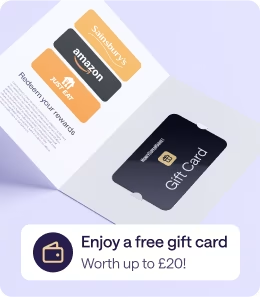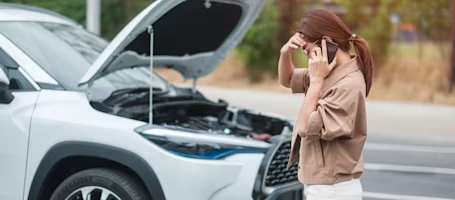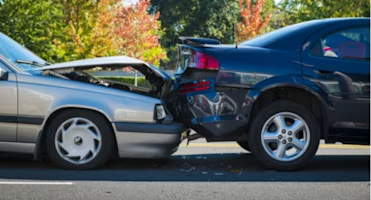Accurate as of 01 January 2026.
51% of consumers could save up to £514.27 Consumer Intelligence , Oct 2025 Exc NI, CI, IOM
YouGov Survey 1st July 2024 to 30th June 2025. Net Recommend score derived from “Which of the following online service websites would you recommend to a friend or colleague, or tell them to avoid?” Base: Current Customers of (MoneySuperMarket n=18,382, Compare the Market n=16,802, Go.Compare n=10,162, Confused.com n=8,229, Uswitch n=528).
SuperSaveClub restrictions and T&Cs apply. Click here for details.
Based on the median annual price by the number of days to policy start date for car insurance policies sold through MoneySuperMarket between September 2025 and November 2025.
Based on MoneySuperMarket quoted policies for annual car insurance, between August 7th 2024 and November 5th 2024
Based on MoneySuperMarket quoted policies for annual car insurance, between August 7th 2024 and November 5th 2024
Based on the average annual price of comprehensive policies sold through MoneySuperMarket in November 2025.
Based on the median annual price of comprehensive policies sold through MoneySuperMarket in November 2025.
Based on the median annual price of comprehensive car insurance policies sold through MoneySuperMarket between August 2025 and October 2025.
Based on the median annual price of comprehensive car insurance policies sold through MoneySuperMarket between August 2025 and October 2025.
Based on the median annual price of comprehensive car insurance policies sold through MoneySuperMarket between September 2025 and November 2025.
Based on MoneySuperMarket quoted policies for annual car insurance, between July 25th 2024 and October 23rd 2024
Based on the car insurance policies sold through MoneySuperMarket between September 2025 and November 2025.
SuperSaveClub restrictions and T&Cs apply. Click here for details.
Based on 1 visit per month – average ticket value £15.30 (Oct 24)
T&Cs and restrictions apply, see here for more information
Based on the median annual price of comprehensive car insurance policies sold through MoneySuperMarket in November 2025, with one driver who has held their licence for at least one year.
Based on the median annual price of third party, fire & theft car insurance policies sold through MoneySuperMarket in November 2025, with one driver who has held their licence for at least one year.
Based on the median annual price of third party only car insurance policies sold through MoneySuperMarket in November 2025, with one driver who has held their licence for at least one year.
T&Cs and restrictions apply, see here for more information
T&Cs apply, click here for more information

















 Retrieving data...
Retrieving data...





